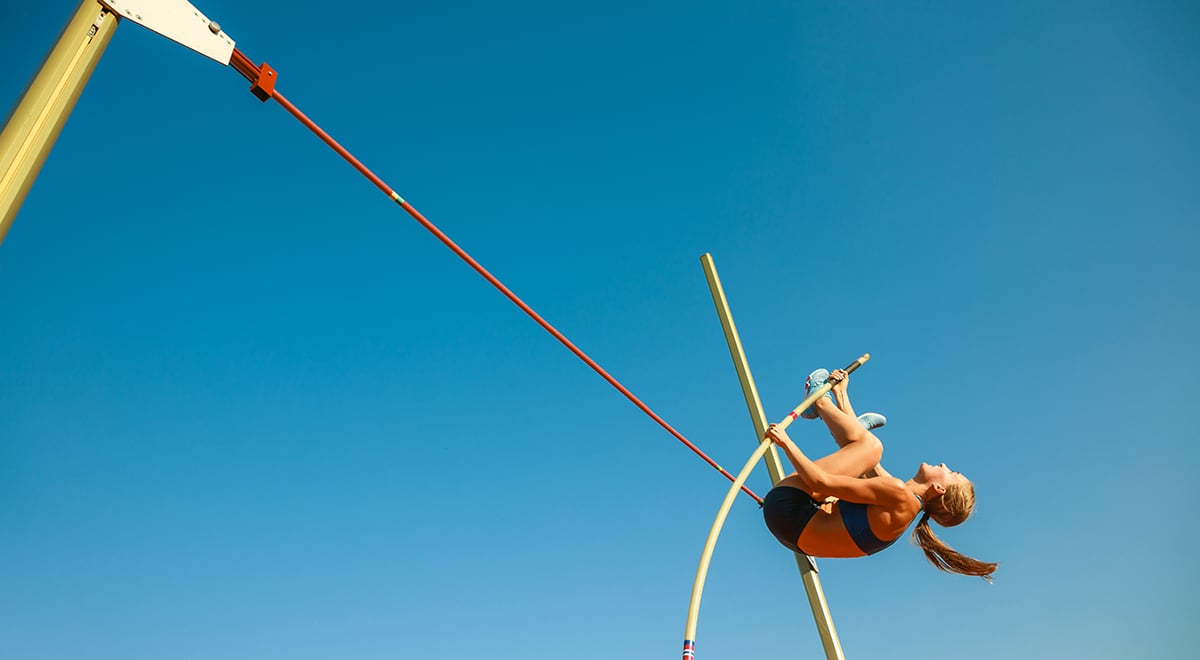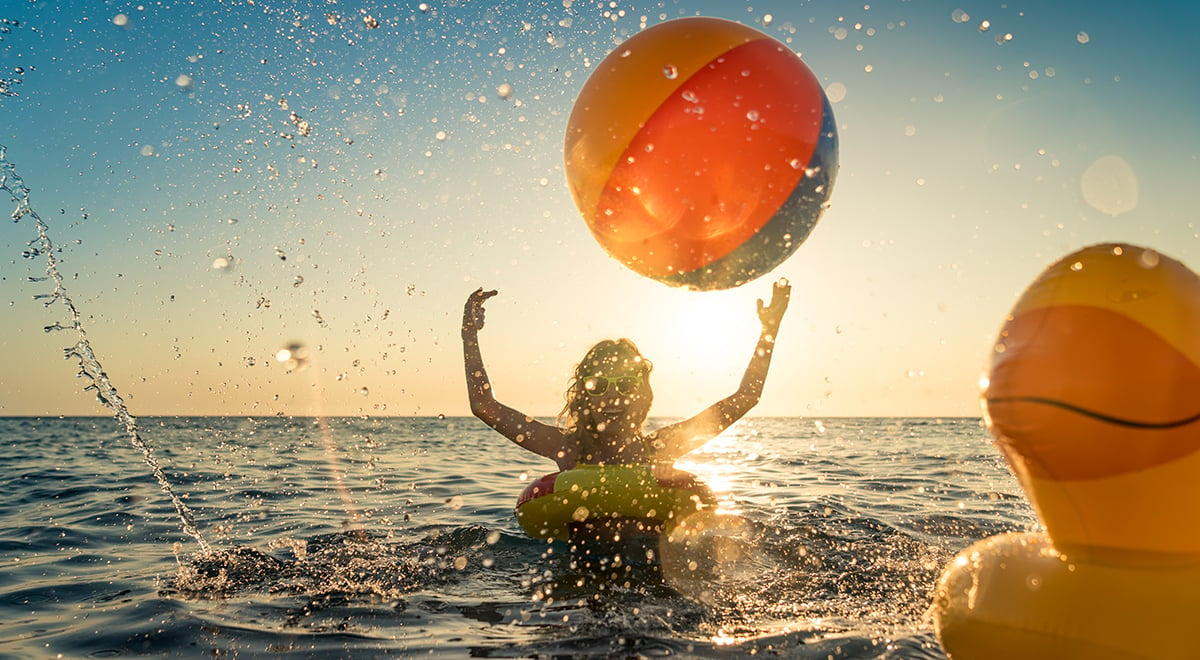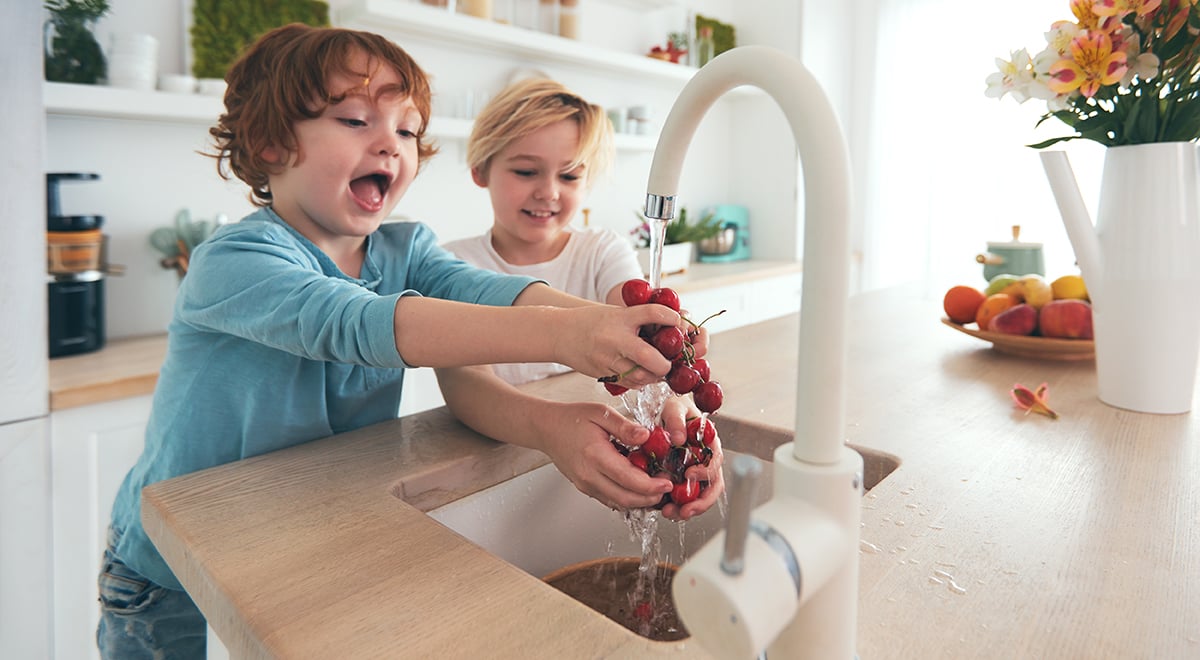INDISPENSABLE PVC
At Vynova we believe that the unique versatility of PVC helps innovate and create unlimited sustainable solutions to everyday challenges.
In short, we believe PVC is indispensable.
PVC offers competitive solutions to the challenges that we face as we build a sustainable and innovative future. Such solutions range for example from the design of modern and comfortable low-energy buildings to enabling mega infrastructure for the transportation of water and electricity.
Products manufactured from our PVC resins bring water and light into our homes, provide comfort while reducing energy use and improve the quality of our daily life.
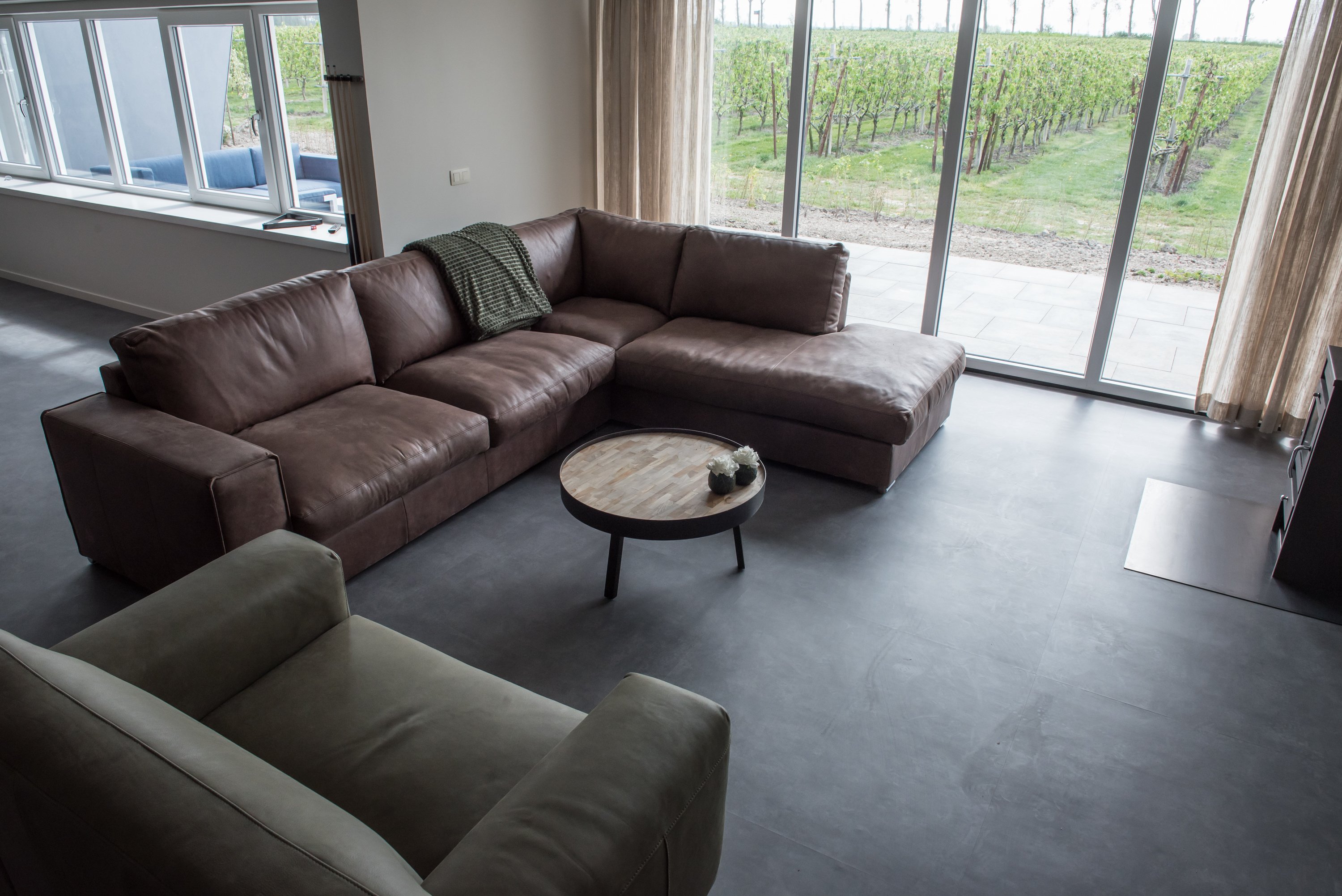
A DURABLE CONSTRUCTION MATERIAL
PVC can be readily processed into pipes, fittings, windows, flooring, cladding, fencing or roofing elements and has over time evolved into an indispensable construction material.The versatility of PVC architectural components has helped spur innovation by architects and designers, enabling universally used, modern design concepts.
PVC construction products are long-lasting, durable, easy to maintain and recyclable.
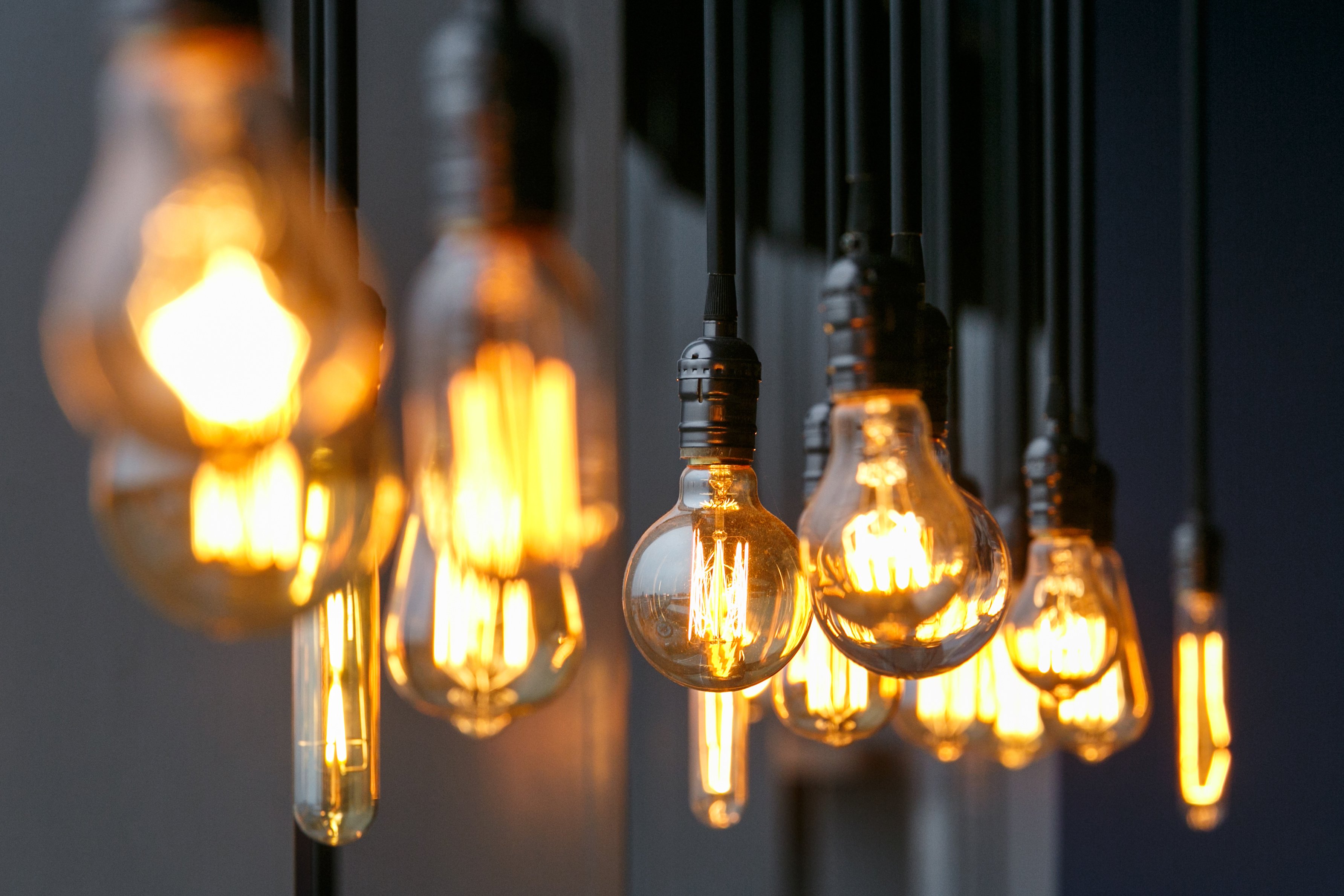
WIRING THE WORLD
PVC grants excellent insulation performance to wire and cables. It is widely used for electrical cable insulation in construction, vehicles, electrical appliances and consumer products. PVC cables are very durable, lasting several decades under normal conditions of use. Due to PVC’s high electrical resistivity, even low thickness lightweight cable insulation guarantees high-quality results. PVC is by nature self-extinguishing and is suitable for all fire resistant products covering a wide range of electrical applications. Moreover, it is resistant to moisture, abrasion and has good mechanical strength, allowing electrical cables to withstand the most adverse conditions.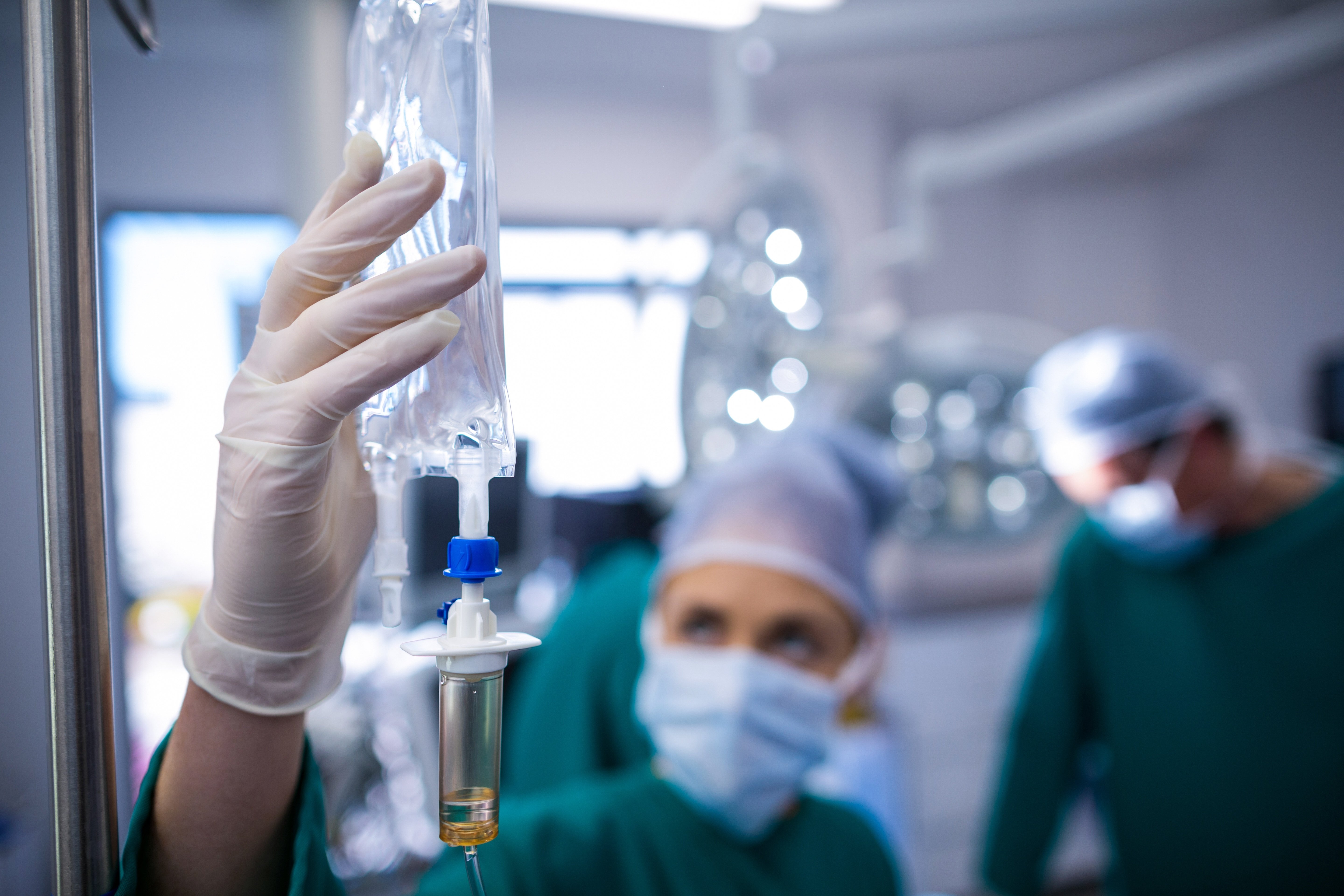
UNRIVALLED FOR HEALTHCARE
PVC is now the most widely used polymer for medical devices. It is light, almost impossible to tear and can be formed into nearly endless shapes of rigid or flexible medical devices: blood bags, dialysis bags and other non-breakable single-use fluid containers, catheters, tubing, examination sets and surgical gloves. It enables easy fabrication at a low cost for safe single-use products and is resistant to chemicals and fluids. Even more importantly, PVC-based medical products can easily be sterilized, making it indeed an unbeatable material for medical devices, playing an essential role in providing access to safe and affordable healthcare.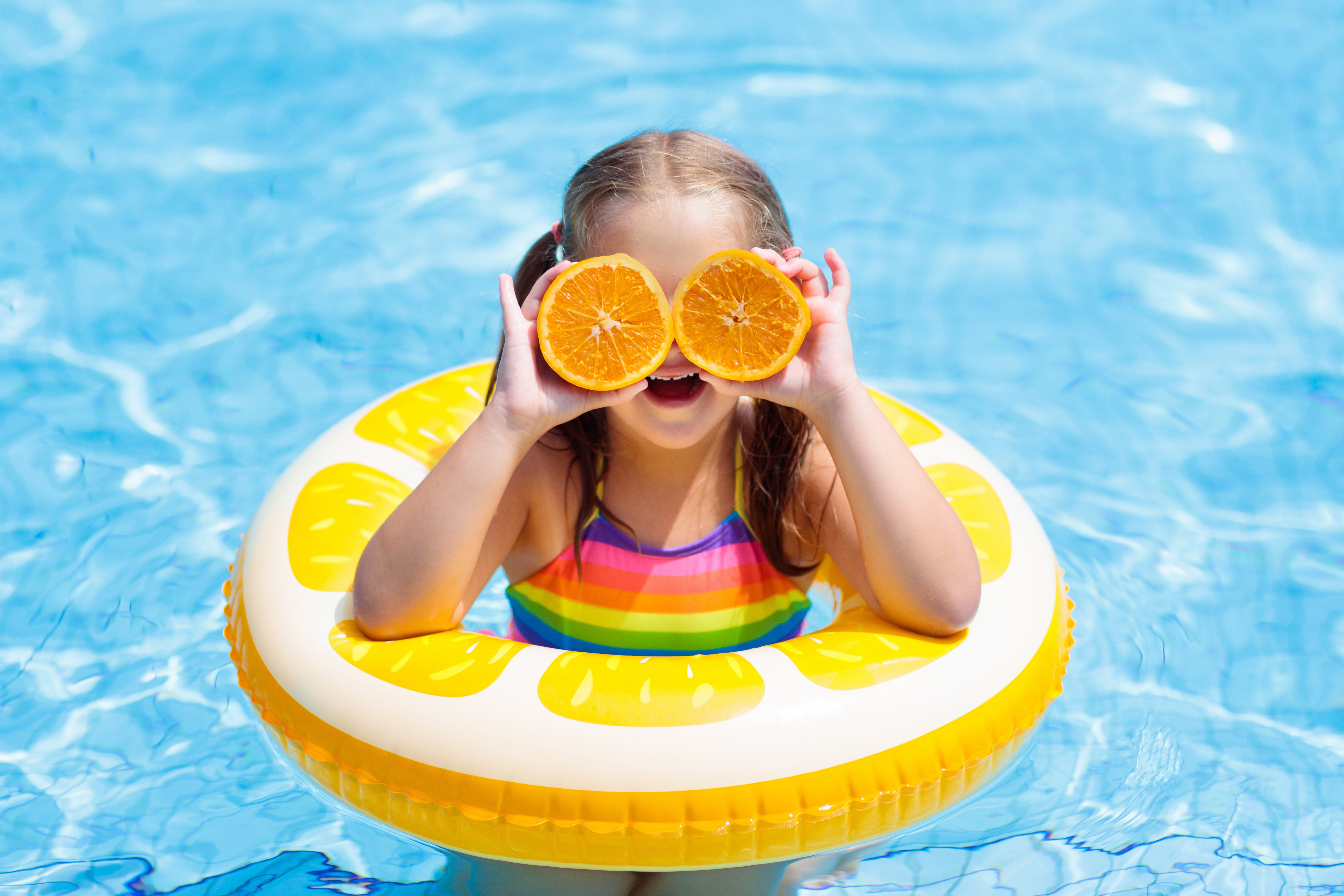
AT YOUR SIDE EVERY DAY
PVC provides endless opportunities to improve our everyday life. It is a uniquely versatile and cost-effective material used in day-to-day products including cards, printing panels, furniture, stationery articles, garden hoses, inflatables and toys. PVC’s ability to create organic shapes in an infinite array of colours makes it an indispensable material of the future. At your side every day for years!
Furthermore, PVC meets a key challenge for a sustainable future by ensuring the recyclability of essential products used in our daily lives. As a result of industry-wide innovations in recovery and recycling, PVC is the polymer that truly fulfills the requirements of a circular economy, meeting key sustainability goals. PVC provides maximum value during its life cycle and has a low carbon footprint through the sustainable use of resources and energy during production.
VYNOVA BLOG
Discover our latest PVC blog posts.
